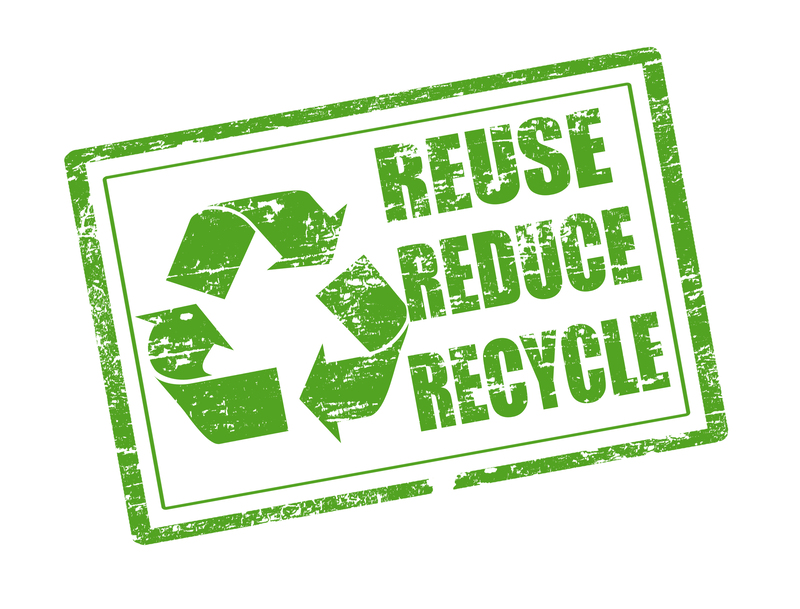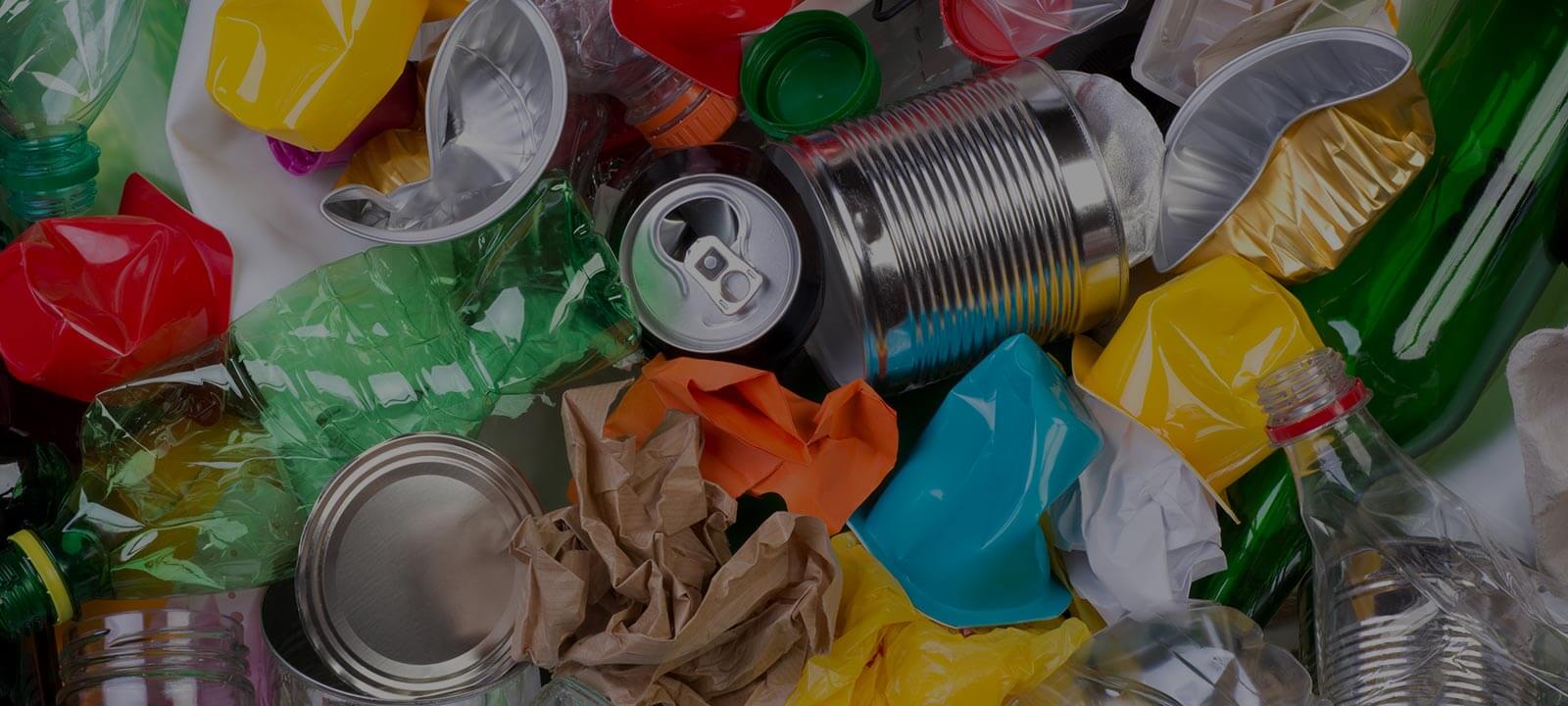Managing Summer WEEE: Disposing of Air Conditioning Units
Posted on 17/05/2024
Summer is finally here, and with it comes the scorching heat that can be unbearable without the help of an air conditioning unit. As temperatures rise, many households turn to these devices to keep their homes cool and comfortable. However, what happens when summer is over and it's time to put away our trusty air conditioners? Disposing of these units properly is not only important for our own safety but also for the environment. In this article, we'll explore the best ways to manage summer WEEE (Waste Electrical and Electronic Equipment) by properly disposing of air conditioning units.
Understanding the Environmental Impact
When we think about disposing of old appliances, we often only consider the immediate impact on our living space. However, it's important to also understand the larger environmental impact of not properly disposing of electronic equipment. Air conditioning units contain refrigerants such as CFCs (chlorofluorocarbons) and HCFCs (hydrochlorofluorocarbons), which have been known to deplete the ozone layer and contribute to global warming. These chemicals can leak into the atmosphere if the unit is not disposed of correctly, causing harm to both humans and the environment.

The Importance of Proper Disposal
In order to mitigate these negative effects, it's crucial that we properly dispose of air conditioning units. This not only protects the environment but also ensures that hazardous materials are safely removed from our homes. Additionally, improper disposal can result in fines or legal consequences due to regulations on e-waste management.
Tips for Disposing of Air Conditioning Units
- Before disposing of your air conditioner, make sure you unplug it and let it sit for at least 24 hours before handling it.
- Check with your local waste management or recycling facilities for specific guidelines on how to dispose of electronic equipment.
- If possible, try to donate the unit to a charity or local organization instead of throwing it away.
- If disposal is the only option, look for recycling centers that specialize in e-waste management.
Pros and Cons of Different Disposal Methods
Donation:
Pros: Donating your air conditioner to a charity or organization not only helps those in need but also reduces waste and potentially harmful chemicals from being released into the environment.
Cons: Some organizations may not accept older or outdated units, and finding a suitable recipient may take time and effort.
Recycling:
Pros: Recycling your air conditioner helps divert electronic waste from landfills and allows for proper handling of hazardous materials. It also conserves valuable resources by reusing components from the unit.
Cons: Depending on where you live, there may be limited options for recycling electronic equipment, making it difficult to find a nearby facility. Additionally, recycling fees may apply.
Disposal:
Pros: Disposing of your air conditioner at a designated e-waste disposal site ensures that it will be handled and disposed of properly, minimizing harm to the environment.
Cons: The unit will likely end up in a landfill, contributing to pollution and potential harm to the environment.

Takeaways
- Properly disposing of air conditioning units is crucial for protecting both human health and the environment.
- Donating or recycling your unit are more environmentally-friendly options than simply throwing it in the trash.
- Always research local regulations and guidelines for disposal before making any decisions.
Conclusion
Summer WEEE management is an issue that often goes unnoticed, but it's important for us all to do our part in properly disposing of electronic equipment such as air conditioning units. By understanding the environmental impact and taking necessary steps to donate or recycle these devices, we can all make a positive impact on our planet. Let's make sure we keep our homes cool while also keeping the environment safe for future summers to come.
Latest Posts
Alternatives to Common Plastic Items
Recycling Strategies for Non-Compostable Garden Materials






